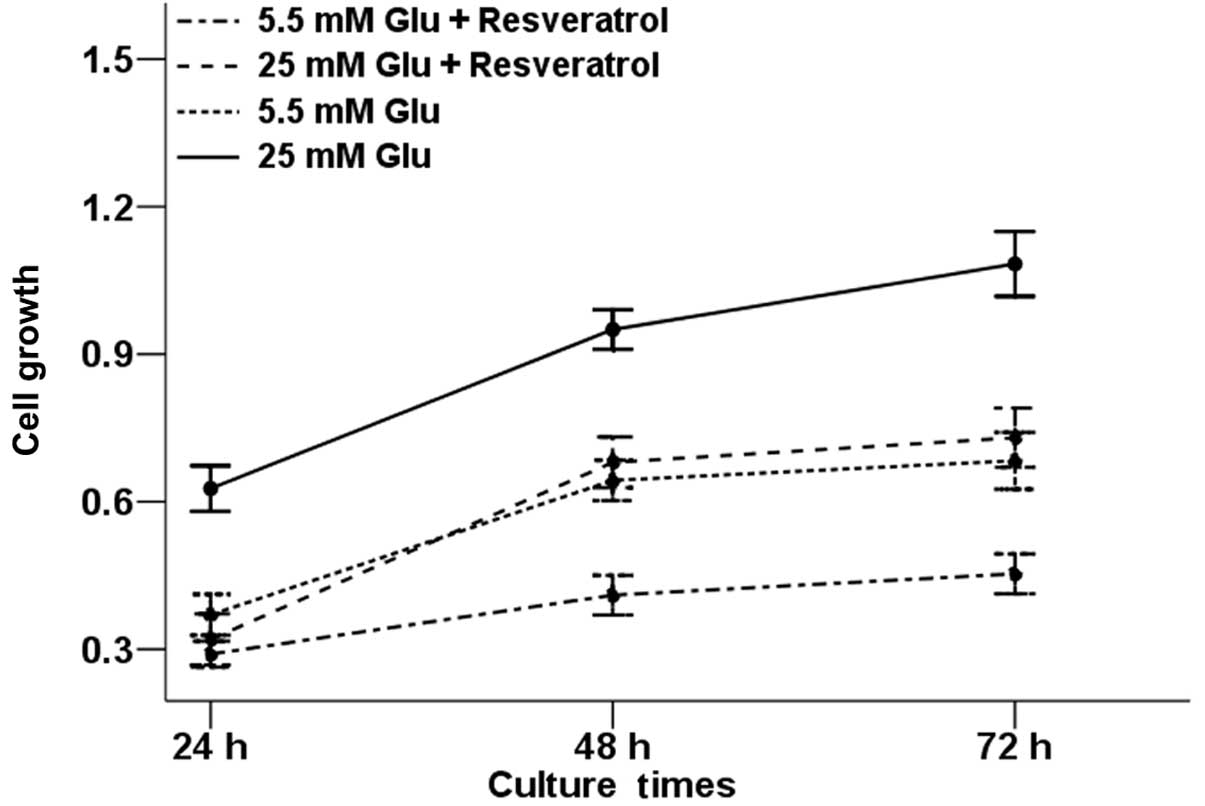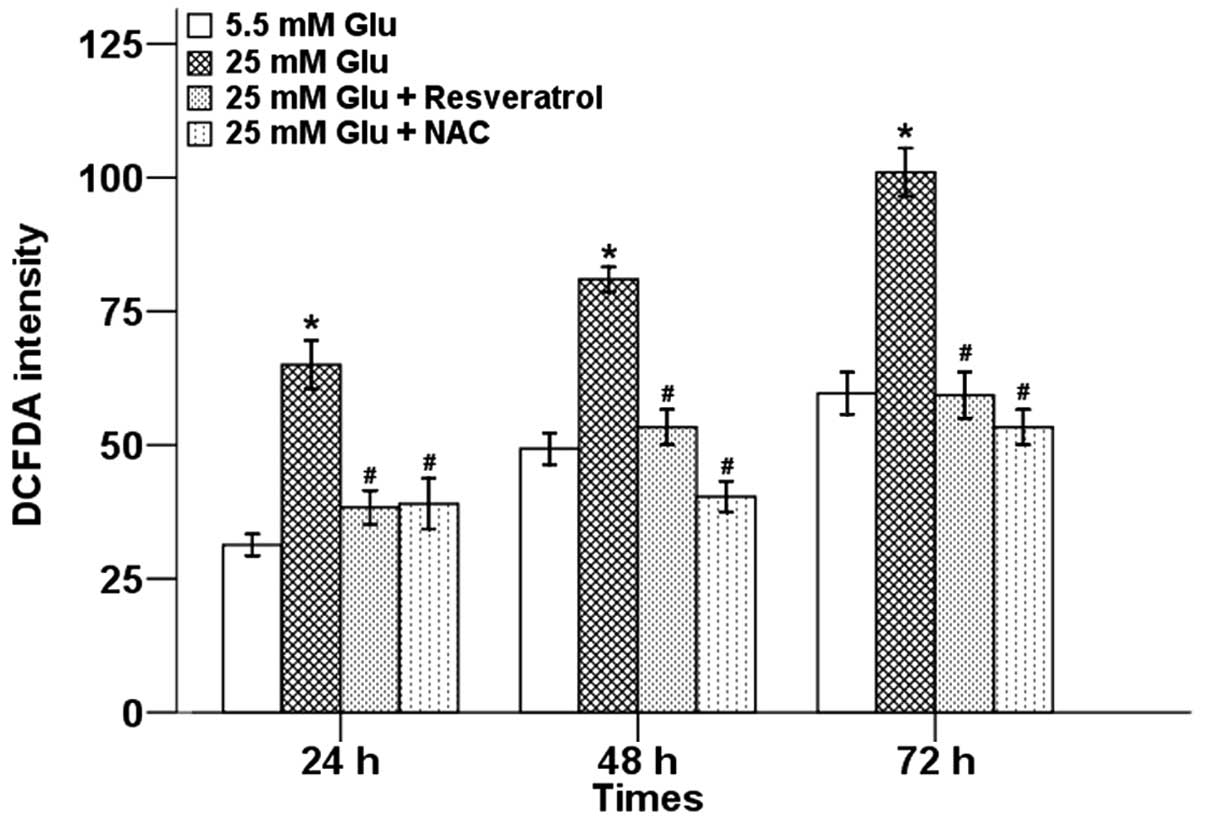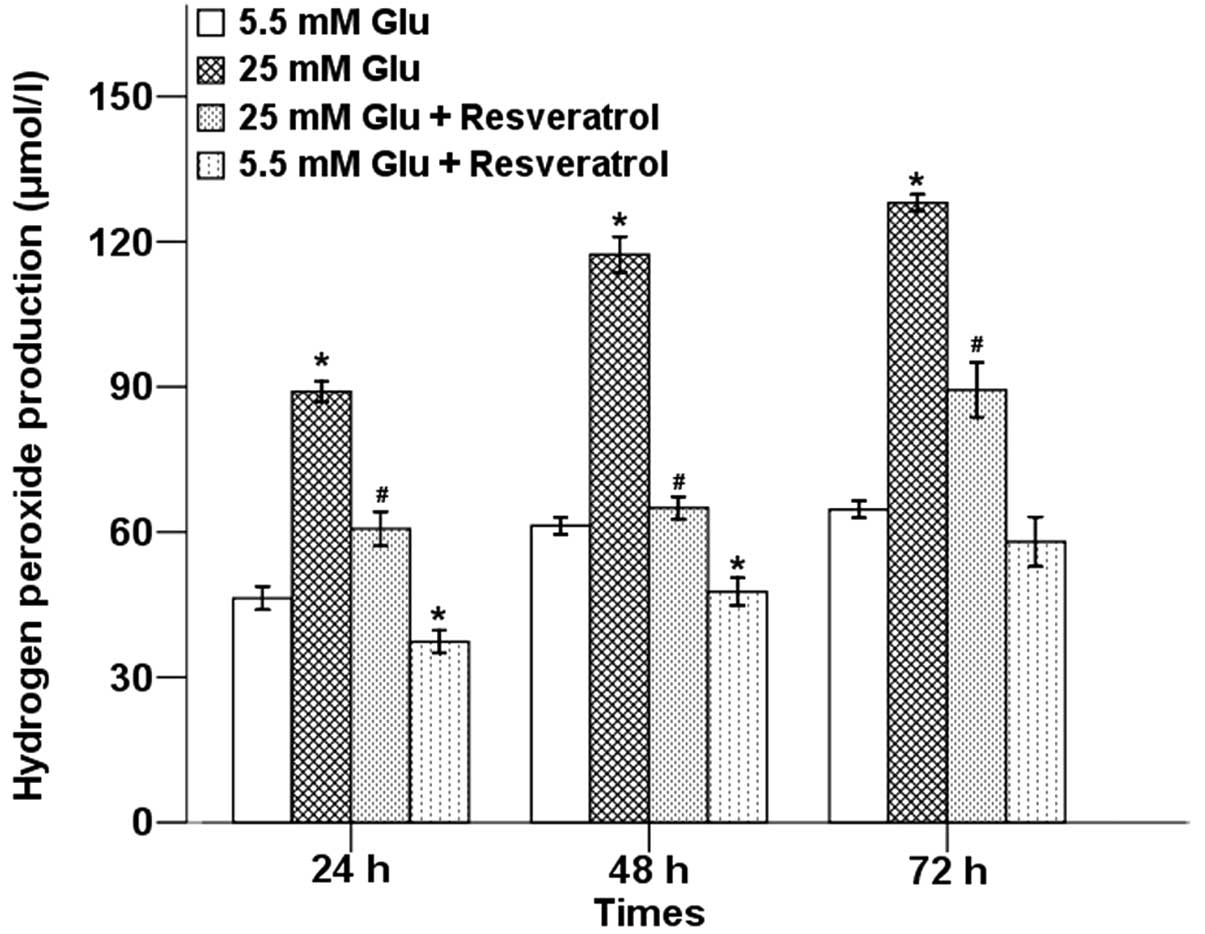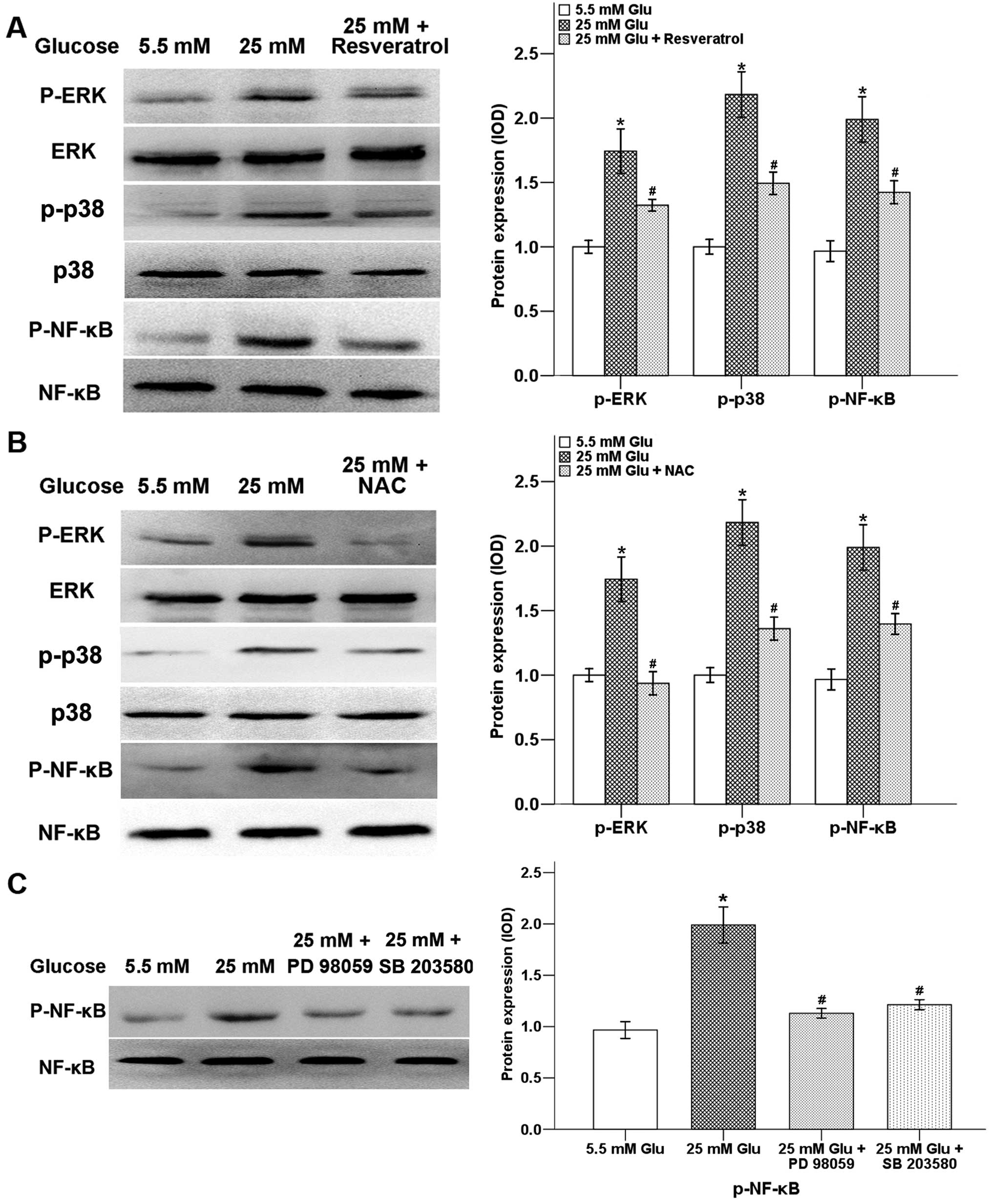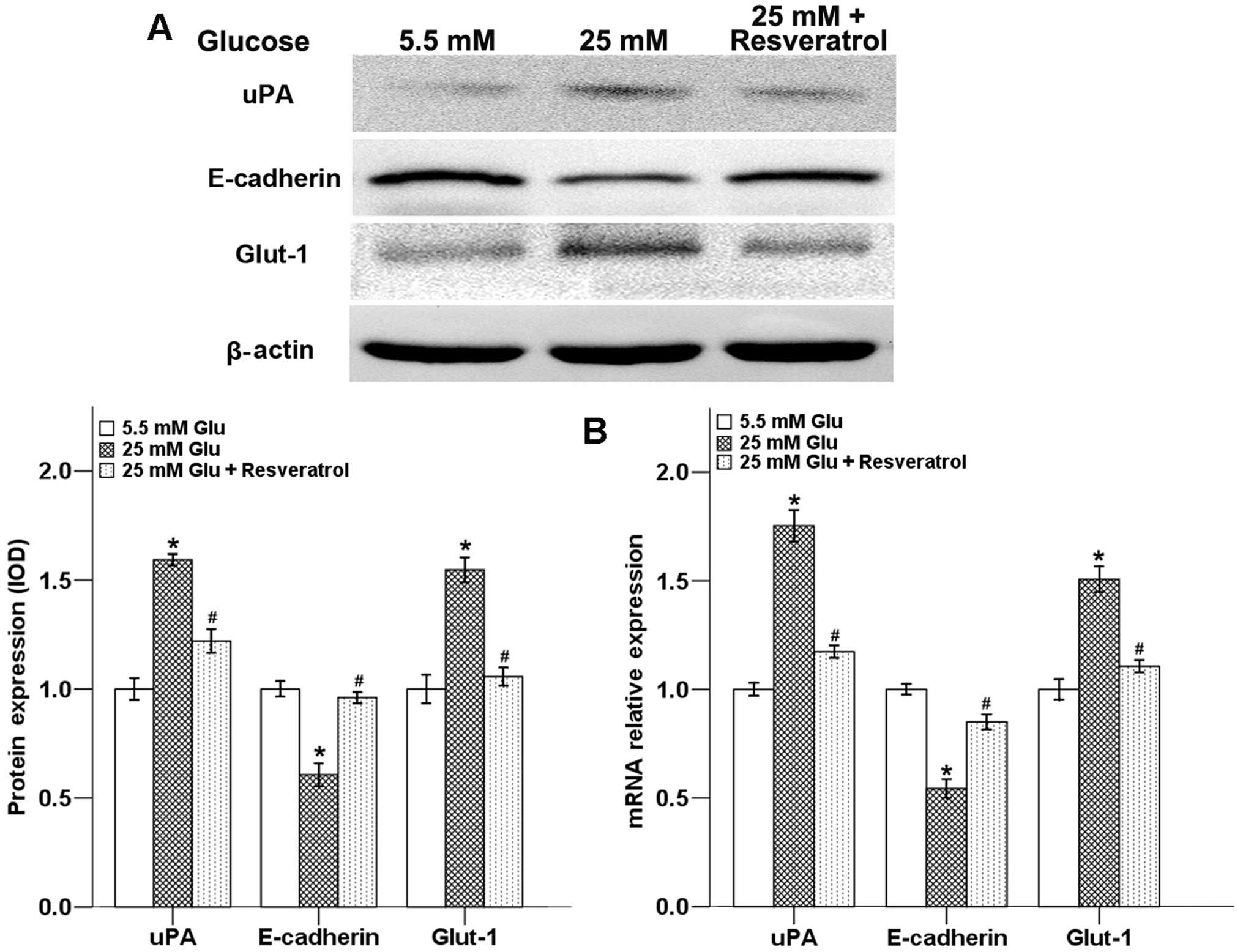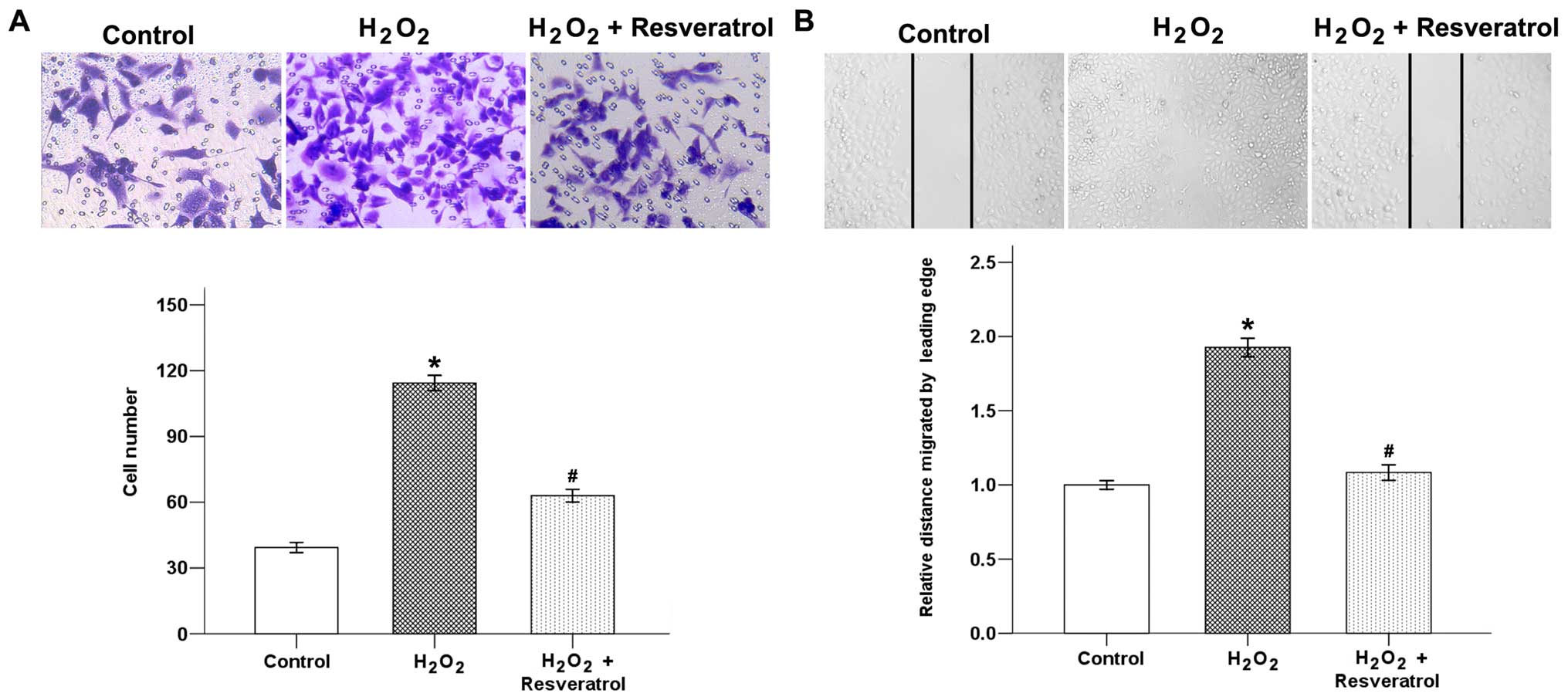|
1
|
Siegel RL, Miller KD and Jemal A: Cancer
statistics, 2015. CA Cancer J Clin. 65:5–29. 2015. View Article : Google Scholar : PubMed/NCBI
|
|
2
|
Jemal A, Bray F, Center MM, Ferlay J, Ward
E and Forman D: Global cancer statistics. CA Cancer J Clin.
61:69–90. 2011. View Article : Google Scholar : PubMed/NCBI
|
|
3
|
Chen W, Zheng R, Baade PD, Zhang S, Zeng
H, Bray F, Jemal A, Yu XQ and He J: Cancer statistics in China,
2015. CA Cancer J Clin. 66:115–132. 2016. View Article : Google Scholar : PubMed/NCBI
|
|
4
|
Li D, Tang H, Hassan MM, Holly EA, Bracci
PM and Silverman DT: Diabetes and risk of pancreatic cancer: A
pooled analysis of three large case-control studies. Cancer Causes
Control. 22:189–197. 2011. View Article : Google Scholar
|
|
5
|
Stevens RJ, Roddam AW and Beral V:
Pancreatic cancer in type 1 and young-onset diabetes: Systematic
review and meta-analysis. Br J Cancer. 96:507–509. 2007. View Article : Google Scholar : PubMed/NCBI
|
|
6
|
Pannala R, Basu A, Petersen GM and Chari
ST: New-onset diabetes: A potential clue to the early diagnosis of
pancreatic cancer. Lancet Oncol. 10:88–95. 2009. View Article : Google Scholar :
|
|
7
|
Han L, Ma Q, Li J, Liu H, Li W, Ma G, Xu
Q, Zhou S and Wu E: High glucose promotes pancreatic cancer cell
proliferation via the induction of EGF expression and
transactivation of EGFR. PLoS One. 6:e270742011. View Article : Google Scholar : PubMed/NCBI
|
|
8
|
Li J, Ma Q, Liu H, Guo K, Li F, Li W, Han
L, Wang F and Wu E: Relationship between neural alteration and
perineural invasion in pancreatic cancer patients with
hyperglycemia. PLoS One. 6:e173852011. View Article : Google Scholar : PubMed/NCBI
|
|
9
|
Li W, Ma Q, Li J, Guo K, Liu H, Han L and
Ma G: Hyperglycemia enhances the invasive and migratory activity of
pancreatic cancer cells via hydrogen peroxide. Oncol Rep.
25:1279–1287. 2011.PubMed/NCBI
|
|
10
|
Li W, Ma Z, Ma J, Li X, Xu Q, Duan W, Chen
X, Lv Y, Zhou S, Wu E, et al: Hydrogen peroxide mediates
hyperglycemia-induced invasive activity via ERK and p38 MAPK in
human pancreatic cancer. Oncotarget. 6:31119–31133. 2015.PubMed/NCBI
|
|
11
|
Trachootham D, Alexandre J and Huang P:
Targeting cancer cells by ROS-mediated mechanisms: A radical
therapeutic approach? Nat Rev Drug Discov. 8:579–591. 2009.
View Article : Google Scholar : PubMed/NCBI
|
|
12
|
Nishikawa M, Hashida M and Takakura Y:
Catalase delivery for inhibiting ROS-mediated tissue injury and
tumor metastasis. Adv Drug Deliv Rev. 61:319–326. 2009. View Article : Google Scholar : PubMed/NCBI
|
|
13
|
Li W, Cao L, Han L, Xu Q and Ma Q:
Superoxide dismutase promotes the epithelial-mesenchymal transition
of pancreatic cancer cells via activation of the
H2O2/ERK/NF-κB axis. Int J Oncol.
46:2613–2620. 2015.
|
|
14
|
Wu WS, Wu JR and Hu CT: Signal cross talks
for sustained MAPK activation and cell migration: The potential
role of reactive oxygen species. Cancer Metastasis Rev. 27:303–314.
2008. View Article : Google Scholar : PubMed/NCBI
|
|
15
|
Chen BY, Kuo CH, Liu YC, Ye LY, Chen JH
and Shieh CJ: Ultrasonic-assisted extraction of the botanical
dietary supplement resveratrol and other constituents of Polygonum
cuspidatum. J Nat Prod. 75:1810–1813. 2012. View Article : Google Scholar : PubMed/NCBI
|
|
16
|
Fulda S: Resveratrol and derivatives for
the prevention and treatment of cancer. Drug Discov Today.
15:757–765. 2010. View Article : Google Scholar : PubMed/NCBI
|
|
17
|
Jung KH, Lee JH, Thien Quach CH, Paik JY,
Oh H, Park JW, Lee EJ, Moon SH and Lee KH: Resveratrol suppresses
cancer cell glucose uptake by targeting reactive oxygen
species-mediated hypoxia-inducible factor-1α activation. J Nucl
Med. 54:2161–2167. 2013. View Article : Google Scholar : PubMed/NCBI
|
|
18
|
Qin Y, Ma Z, Dang X, Li W and Ma Q: Effect
of resveratrol on proliferation and apoptosis of human pancreatic
cancer MIA PaCa-2 cells may involve inhibition of the Hedgehog
signaling pathway. Mol Med Rep. 10:2563–2567. 2014.PubMed/NCBI
|
|
19
|
Li W, Ma J, Ma Q, Li B, Han L, Liu J, Xu
Q, Duan W, Yu S, Wang F, et al: Resveratrol inhibits the
epithelial-mesenchymal transition of pancreatic cancer cells via
suppression of the PI-3K/Akt/NF-κB pathway. Curr Med Chem.
20:4185–4194. 2013. View Article : Google Scholar
|
|
20
|
Li W, Cao L, Chen X, Lei J and Ma Q:
Resveratrol inhibits hypoxia-driven ROS-induced invasive and
migratory ability of pancreatic cancer cells via suppression of the
Hedgehog signaling pathway. Oncol Rep. 35:1718–1726. 2016.
|
|
21
|
Livak KJ and Schmittgen TD: Analysis of
relative gene expression data using real-time quantitative PCR and
the 2(−Delta Delta C(T)) method. Methods. 25:402–408. 2001.
View Article : Google Scholar
|
|
22
|
Hsieh HL, Wang HH, Wu WB, Chu PJ and Yang
CM: Transforming growth factor-β1 induces matrix
metalloproteinase-9 and cell migration in astrocytes: Roles of
ROS-dependent ERK- and JNK-NF-κB pathways. J Neuroinflammation.
7:882010. View Article : Google Scholar
|
|
23
|
Ito H, Duxbury M, Zinner MJ, Ashley SW and
Whang EE: Glucose transporter-1 gene expression is associated with
pancreatic cancer invasiveness and MMP-2 activity. Surgery.
136:548–556. 2004. View Article : Google Scholar : PubMed/NCBI
|
|
24
|
Cui Y, Nadiminty N, Liu C, Lou W, Schwartz
CT and Gao AC: Upregulation of glucose metabolism by NF-κB2/p52
mediates enzalutamide resistance in castration-resistant prostate
cancer cells. Endocr Relat Cancer. 21:435–442. 2014. View Article : Google Scholar : PubMed/NCBI
|
|
25
|
Mori A, Moser C, Lang SA, Hackl C,
Gottfried E, Kreutz M, Schlitt HJ, Geissler EK and Stoeltzing O:
Up-regulation of Krüppel-like factor 5 in pancreatic cancer is
promoted by interleukin-1beta signaling and hypoxia-inducible
factor-1alpha. Mol Cancer Res. 7:1390–1398. 2009. View Article : Google Scholar : PubMed/NCBI
|
|
26
|
Zuo J, Wen J, Lei M, Wen M, Li S, Lv X,
Luo Z and Wen G: Hypoxia promotes the invasion and metastasis of
laryngeal cancer cells via EMT. Med Oncol. 33:152016. View Article : Google Scholar : PubMed/NCBI
|
|
27
|
Xu Q, Zong L, Chen X, Jiang Z, Nan L, Li
J, Duan W, Lei J, Zhang L, Ma J, et al: Resveratrol in the
treatment of pancreatic cancer. Ann NY Acad Sci. 1348:10–19. 2015.
View Article : Google Scholar : PubMed/NCBI
|
|
28
|
Li J, Cao G, Ma Q, Liu H, Li W and Han L:
The bidirectional interation between pancreatic cancer and
diabetes. World J Surg Oncol. 10:1712012. View Article : Google Scholar : PubMed/NCBI
|
|
29
|
Mo W, Xu X, Xu L, Wang F, Ke A, Wang X and
Guo C: Resveratrol inhibits proliferation and induces apoptosis
through the hedgehog signaling pathway in pancreatic cancer cell.
Pancreatology. 11:601–609. 2011. View Article : Google Scholar
|
|
30
|
Fulda S and Debatin KM: Sensitization for
anticancer drug-induced apoptosis by the chemopreventive agent
resveratrol. Oncogene. 23:6702–6711. 2004. View Article : Google Scholar : PubMed/NCBI
|
|
31
|
Shankar S, Nall D, Tang SN, Meeker D,
Passarini J, Sharma J and Srivastava RK: Resveratrol inhibits
pancreatic cancer stem cell characteristics in human and KrasG12D
transgenic mice by inhibiting pluripotency maintaining factors and
epithelial-mesenchymal transition. PLoS One. 6:e165302011.
View Article : Google Scholar : PubMed/NCBI
|
|
32
|
Ji Q, Liu X, Fu X, Zhang L, Sui H, Zhou L,
Sun J, Cai J, Qin J, Ren J, et al: Resveratrol inhibits invasion
and metastasis of colorectal cancer cells via MALAT1 mediated
Wnt/β-catenin signal pathway. PLoS One. 8:e787002013. View Article : Google Scholar
|
|
33
|
Zhang Q, Tang X, Lu QY, Zhang ZF, Brown J
and Le AD: Resveratrol inhibits hypoxia-induced accumulation of
hypoxia-inducible factor-1alpha and VEGF expression in human tongue
squamous cell carcinoma and hepatoma cells. Mol Cancer Ther.
4:1465–1474. 2005. View Article : Google Scholar : PubMed/NCBI
|
|
34
|
Carreras A, Zhang SX, Almendros I, Wang Y,
Peris E, Qiao Z and Gozal D: Resveratrol attenuates intermittent
hypoxia-induced macrophage migration to visceral white adipose
tissue and insulin resistance in male mice. Endocrinology.
156:437–443. 2015. View Article : Google Scholar
|
|
35
|
Brasnyó P, Molnár GA, Mohás M, Markó L,
Laczy B, Cseh J, Mikolás E, Szijártó IA, Mérei A, Halmai R, et al:
Resveratrol improves insulin sensitivity, reduces oxidative stress
and activates the Akt pathway in type 2 diabetic patients. Br J
Nutr. 106:383–389. 2011. View Article : Google Scholar : PubMed/NCBI
|
|
36
|
Lin YC, Chen LH, Varadharajan T, Tsai MJ,
Chia YC, Yuan TC, Sung PJ and Weng CF: Resveratrol inhibits
glucose-induced migration of vascular smooth muscle cells mediated
by focal adhesion kinase. Mol Nutr Food Res. 58:1389–1401. 2014.
View Article : Google Scholar : PubMed/NCBI
|
|
37
|
Dai Z, Lei P, Xie J and Hu Y: Antitumor
effect of resveratrol on chondrosarcoma cells via phosphoinositide
3-kinase/AKT and p38 mitogen-activated protein kinase pathways. Mol
Med Rep. 12:3151–3155. 2015.PubMed/NCBI
|
|
38
|
Massimi M, Tomassini A, Sciubba F, Sobolev
AP, Devirgiliis LC and Miccheli A: Effects of resveratrol on HepG2
cells as revealed by 1H-NMR based metabolic profiling.
Biochim Biophys Acta. 1820:1–8. 2012. View Article : Google Scholar
|
|
39
|
Iqbal MA and Bamezai RN: Resveratrol
inhibits cancer cell metabolism by down regulating pyruvate kinase
M2 via inhibition of mammalian target of rapamycin. PLoS One.
7:e367642012. View Article : Google Scholar : PubMed/NCBI
|















